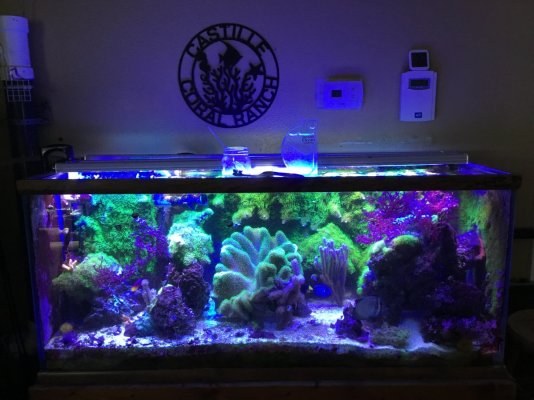Actually - I would say that certain aspects of stability requirements are overstated. In shallow reefs - coral can be exposed to sun and dry conditions during low tide, etc etc etc.Not all bacteria are the same. Nitrification bacteria double in 20 minutes while denitrification bacteria take 16 hours to double in population.
Tribal instincts.
My guess is though that there would be only an extremely low likelihood of an alkalinity change > 1dKH suddenly.
And yes - of course not all bacteria are the same - but the point is the bacteria floating around in an aquarium are likely those with a quicker doubling time. I believe some of the data from @AquaBiomics would testify to that.



















